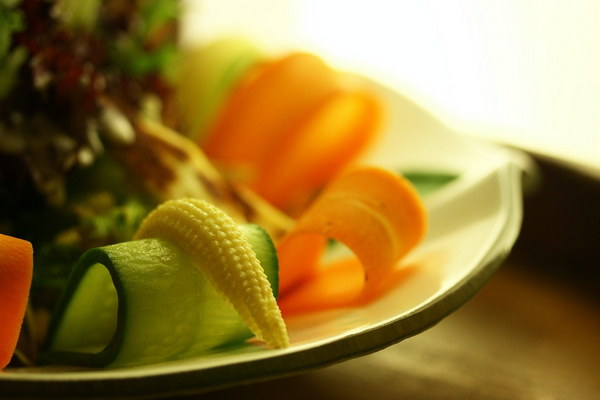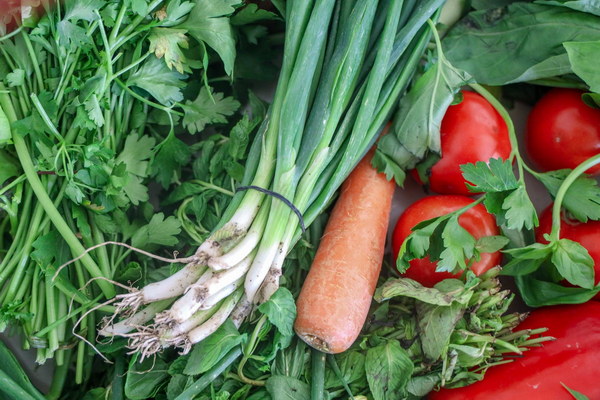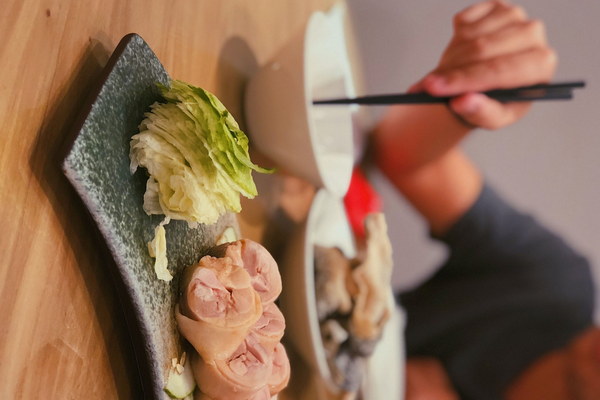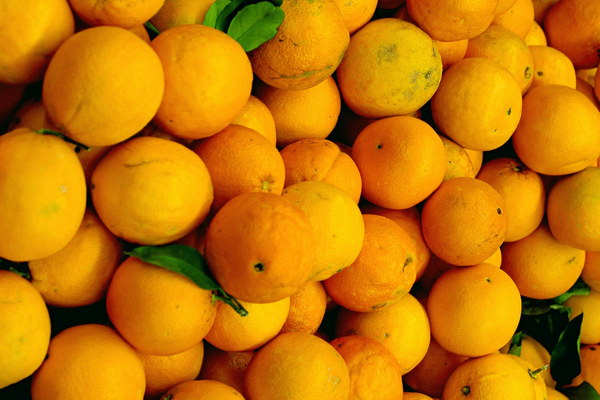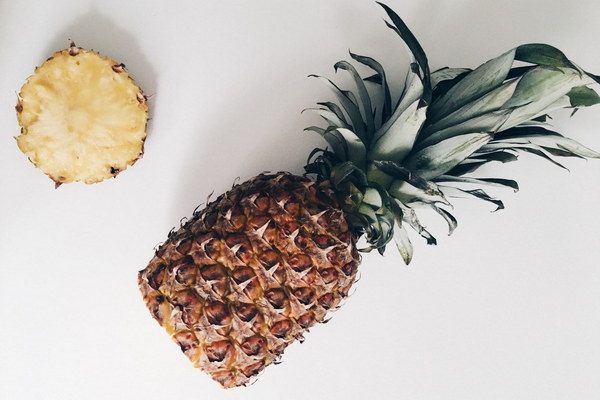Navigating the Dos and Donts of Diet for Spleen and Stomach Health
In the pursuit of a healthy lifestyle, one often seeks to fortify the spleen and stomach, the two vital organs in Traditional Chinese Medicine (TCM) that play a crucial role in digestion, absorption, and overall vitality. The key to maintaining a robust spleen and stomach lies in the right diet. Here, we delve into the dos and don'ts of dieting for optimal spleen and stomach health.
Dos: Nourishing Foods for Spleen and Stomach
1. Complex Carbohydrates: Foods rich in complex carbohydrates, like oatmeal, whole grains, and sweet potatoes, provide sustained energy and support the spleen's function. These foods help to regulate blood sugar levels and prevent energy crashes.
2. Hearty Soups and Stews: Soups and stews are beneficial for spleen and stomach health due to their warm, nourishing properties. They aid digestion and promote blood circulation. Chicken soup, for instance, is a classic choice, as it is both soothing and replenishing.
3. Protein-Rich Foods: Including lean proteins in your diet, such as fish, tofu, and chicken, is essential for muscle repair and strengthening the spleen. These foods also provide amino acids that support digestive enzymes.
4. Fermented Products: Fermented foods, like yogurt, kefir, and sauerkraut, are rich in probiotics, which help to maintain a healthy gut flora. This flora is crucial for digestion and absorption of nutrients.
5. Warm, Gentle Spices: Spices like ginger, cinnamon, and turmeric can aid digestion and reduce inflammation in the spleen and stomach. These spices also add flavor to dishes without the need for excessive salt or oil.
6. Light, Hydrating Beverages: Drinking plenty of water and herbal teas can help to maintain proper hydration and support the spleen's function. Green tea, in particular, is beneficial for its antioxidants and digestive properties.
Don'ts: Foods to Avoid for Spleen and Stomach Health
1. Cold and Raw Foods: Cold and raw foods can be difficult to digest and may burden the spleen. This includes cold drinks, ice cream, salads, and raw vegetables. Opt for lightly steamed or cooked versions instead.
2. Excessive Sugar and Refined Carbs: High sugar intake can lead to imbalances in the gut and weaken the spleen. Refined carbohydrates, such as white bread and pasta, can also cause energy spikes and crashes.
3. Fried and Processed Foods: These foods are typically high in fats and preservatives, which can irritate the digestive system and hinder the spleen's function. Minimize the consumption of fried foods, fast food, and processed snacks.
4. Spicy and Acrid Foods: Foods that are overly spicy or acrid can irritate the spleen and stomach. This includes overly spicy dishes, garlic, onions, and vinegar.
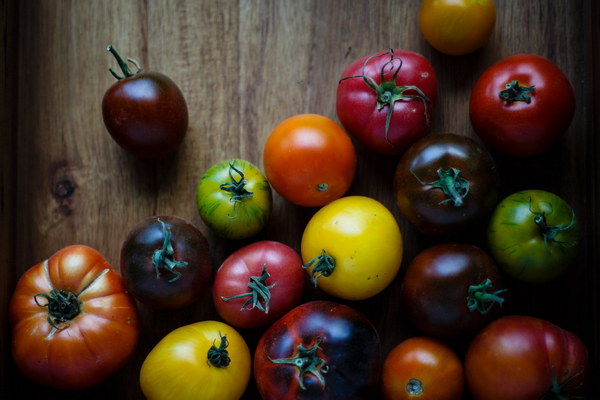
5. Excessive Alcohol: Alcohol can be particularly harmful to the spleen and stomach, leading to inflammation and disrupting digestion. It's best to limit alcohol consumption or avoid it altogether for optimal health.
6. Overeating: Overeating can overwhelm the spleen and lead to indigestion and bloating. Practice portion control and eat slowly to aid digestion.
In conclusion, maintaining a balanced diet that includes nourishing foods and avoids harmful substances is key to supporting the health of the spleen and stomach. By adhering to these dos and don'ts, you can foster a healthy digestive system and enhance your overall well-being.


